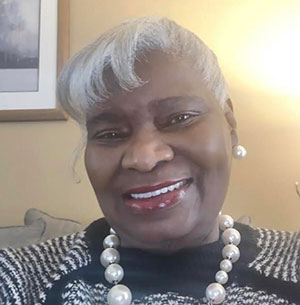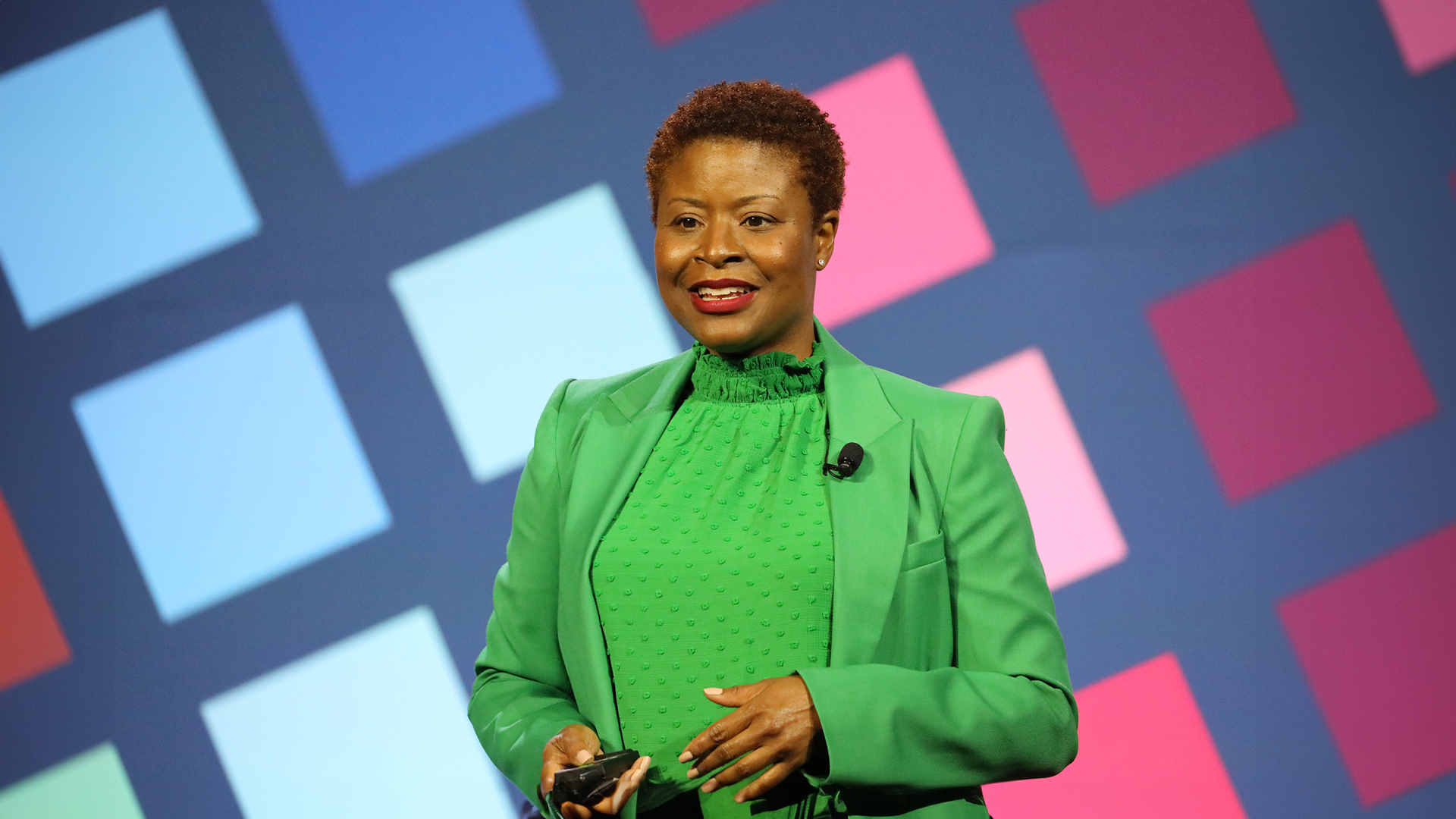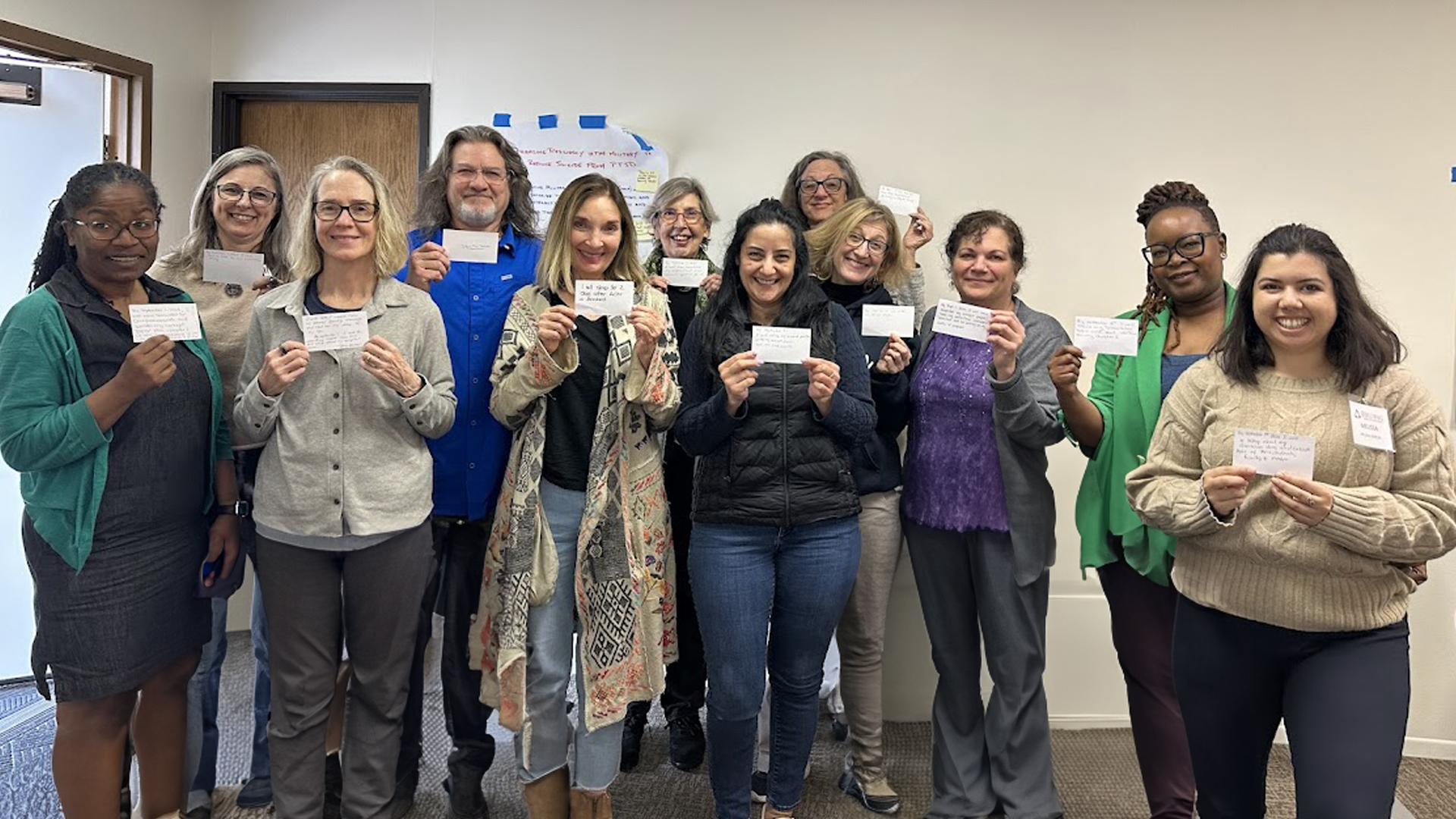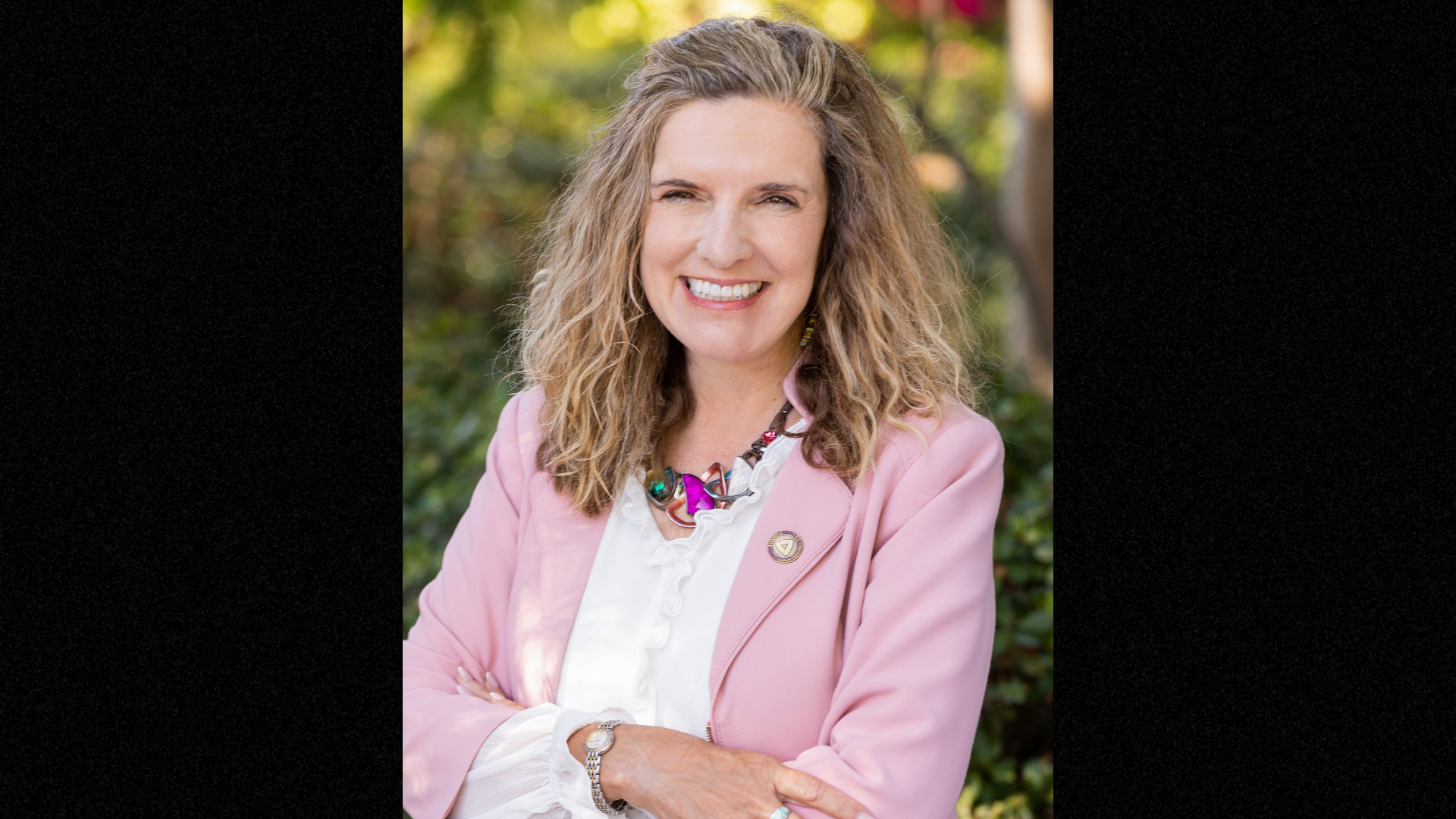Black Women’s History Month: Johnnie King Scales

Johnnie King Scales
My mother was born in Selma, Alabama, as Johnnie Mae Craig, but some may know her as J. Mae, Johnnie, Ms. Johnnie, Johnnie Mary, Ms. King, Ms. King-Scales, Deaconess Scales, or however you interacted with her over the years. She is the epitome of Black Women’s History Month. She is the granddaughter of a sharecropper and the daughter of a single mother who was a beautician. Johnnie grew up in the George Washington Carver Project Homes (GWC) – the city’s first and most significant federal housing project for Blacks. The project homes were recognized as the face of the Civil Rights Movement because Dr. King and many other organizers would dine and live with these families while fighting for the rights of Black people. Regardless of prominence and notoriety, hotels and restaurants did not host or serve Black people. She grew up across the street from Brown Chapel A.M.E. Church in Selma, where Dr. Martin Luther King, Jr. would often visit – where the Voting Rights March, the Bloody Sunday March, the Turnaround Tuesday March, and the Selma to Montgomery March all began. She often sang in the choir during the movement at church and contributed to the many marches to and across the Edmund Pettus Bridge by making sandwiches and passing them out.
The project homes were destined to be vital to the civil rights movement. Johnnie’s mother often understood the need and opened her home. Johnnie remembers bumping into a tall man in her home as a young girl. As she apologized, a booming voice replied, “I won’t hurt you, girl” – she later found out that booming voice was now famous actor James Earl Jones. Another house guest was civil rights hero Jonathan Daniels, a student at the Episcopal Divinity School in Cambridge, Massachusetts. Johnnie recalls being picked up from school early one day – she and her siblings were notified that Jonathan Daniels had been killed, making him a martyr of the civil rights movement. Daniels was killed instantly by protecting two Black teenage girls he accompanied to a store nearby.
Over the past 71 years, she has overcome adversity. She is a devoted mother, grandmother, aunt, sister, and friend. Johnnie makes an impactful impression on every environment she enters. She is a natural-born leader who believes in a proactive approach to life. When faced with the answer “NO,” her philosophy for overcoming challenges in life is to have a “Plan A, B, C and never give up.”
This story is shared by doctoral student Darlene Steele (Organizational Development & Change Program) & Darrick J. King
We invite every member of the Fielding community to honor a Black Woman in their life and share her name. We would like to celebrate the names of Black Women that may not always be recognized but play a vital role in our lives.
How to participate: prepare a 300-word essay about the Black Woman you want to recognize. Share why she is important to you. Send the essay, accompanied by a photo or image representing her, to media@fielding.edu. #ShareHerName
Join Over 7,500 Fielding Alumni Located Around The World!
Change the world. Start with yours.™






Get Social